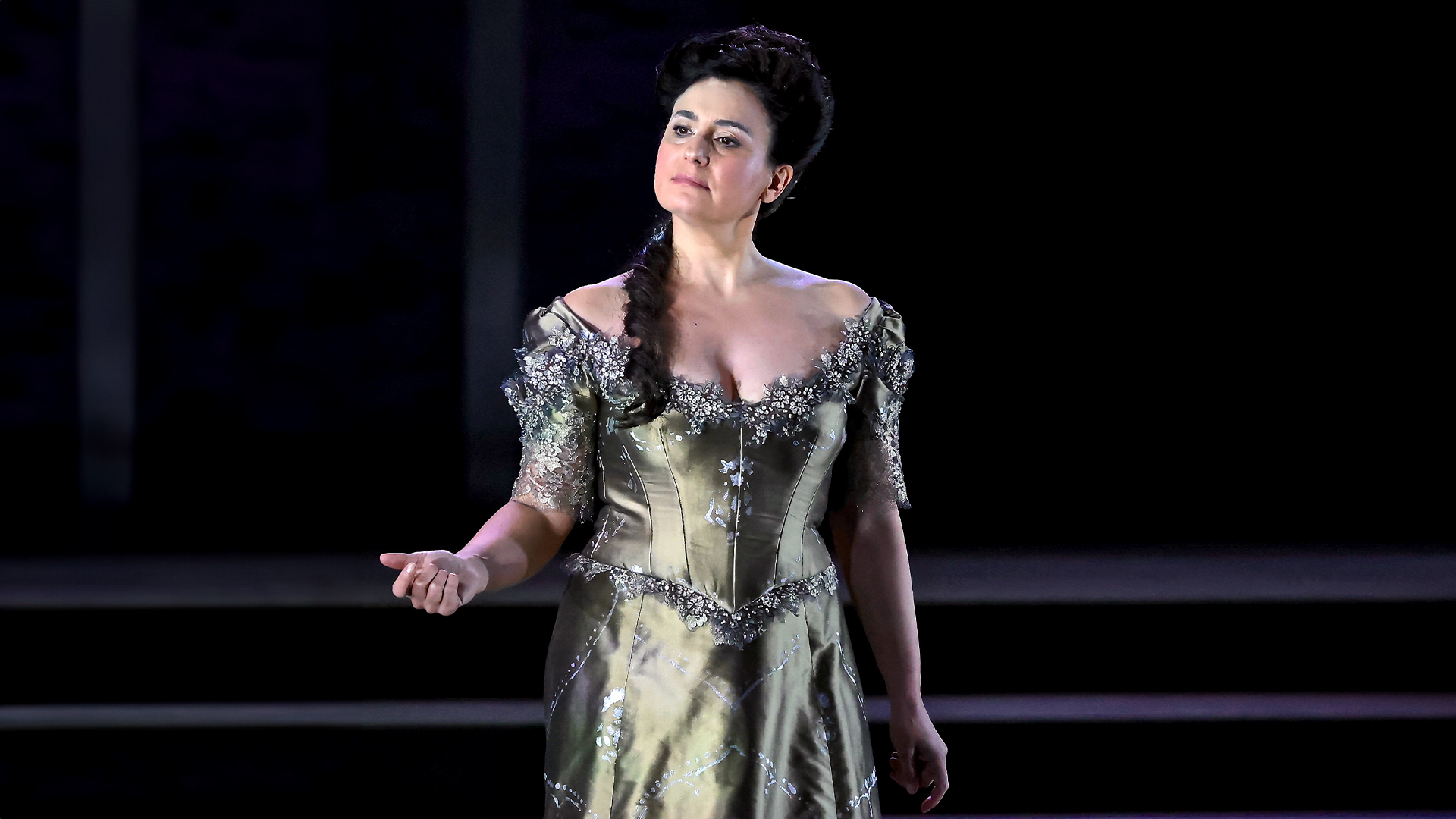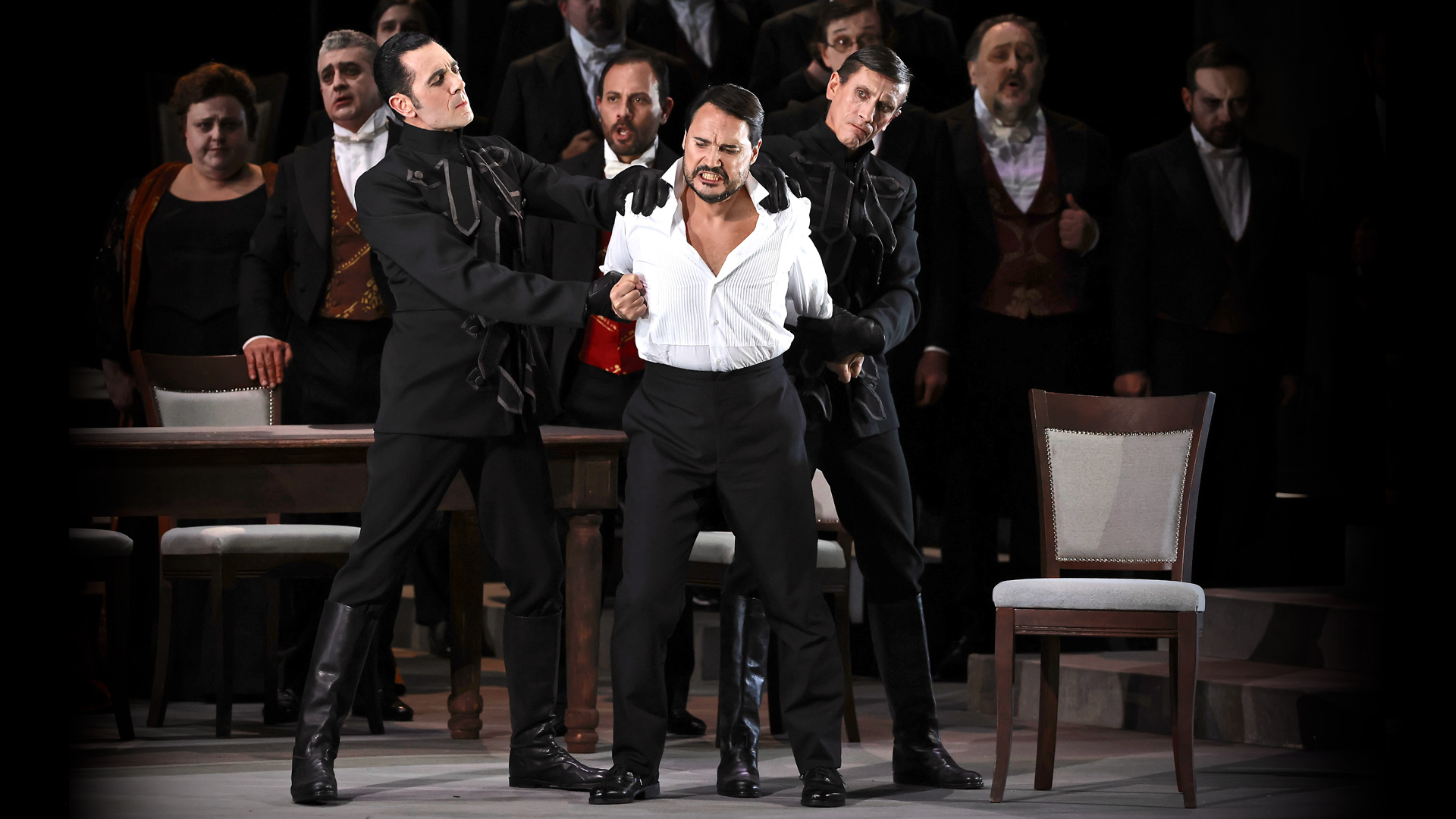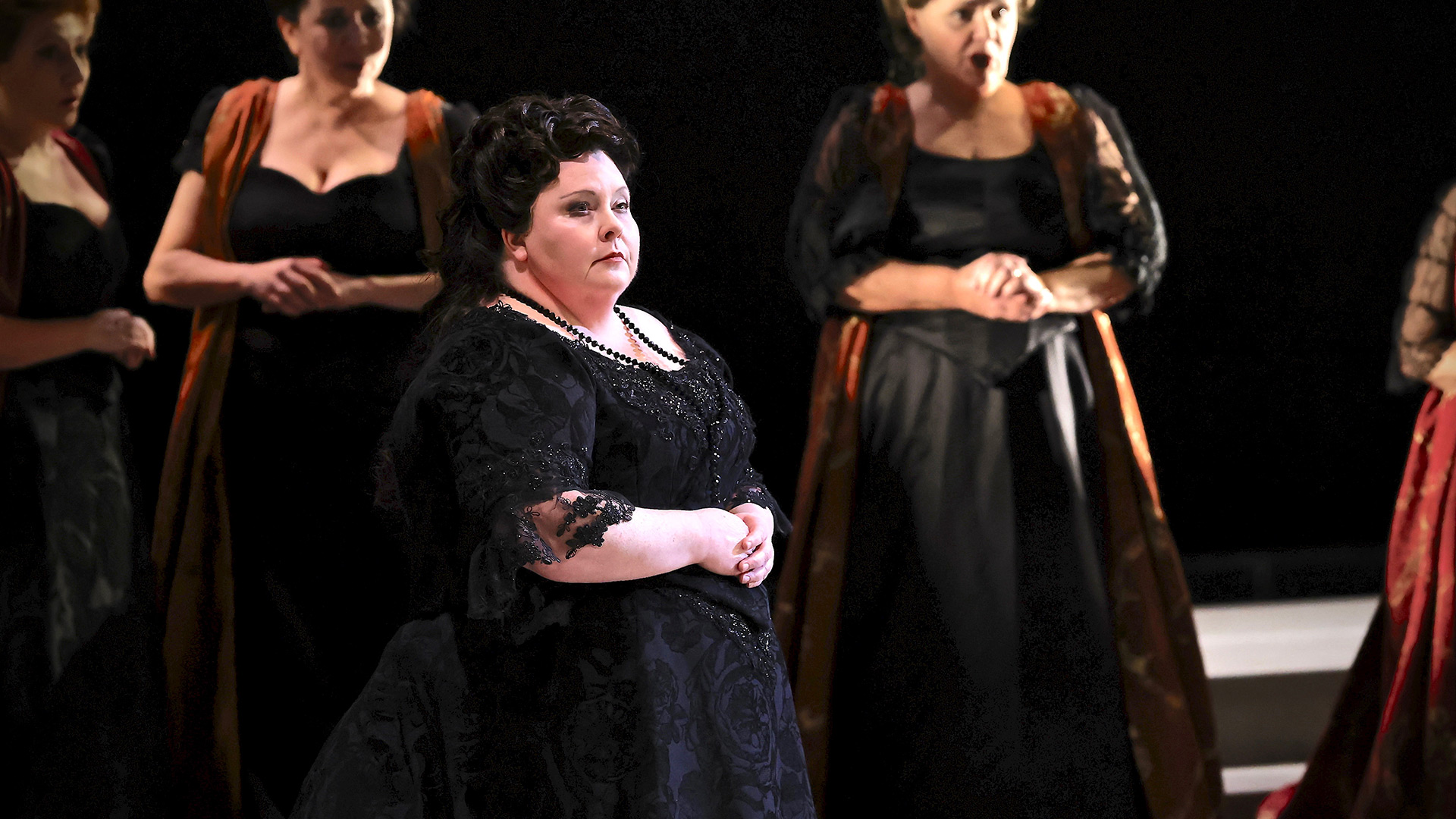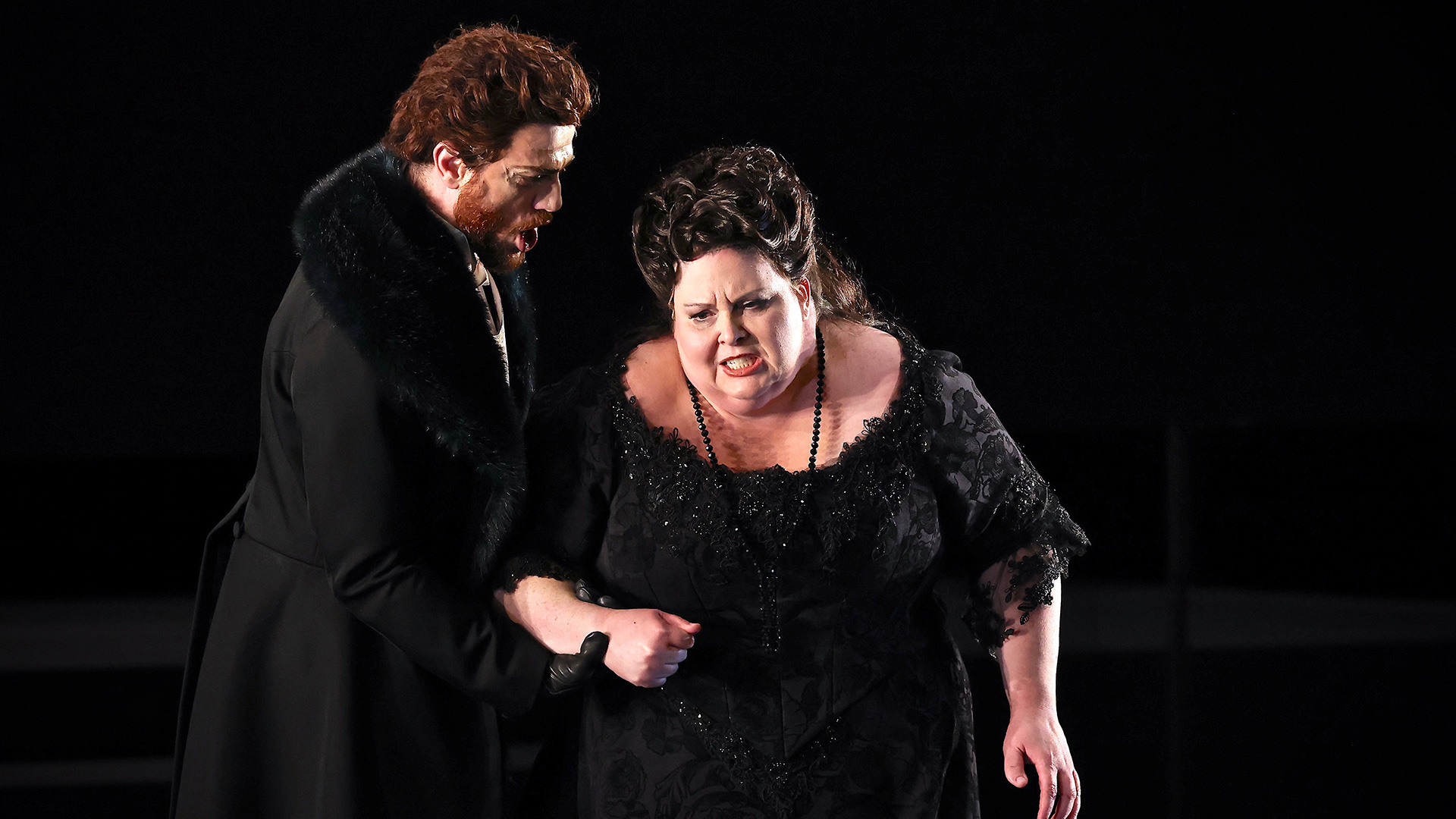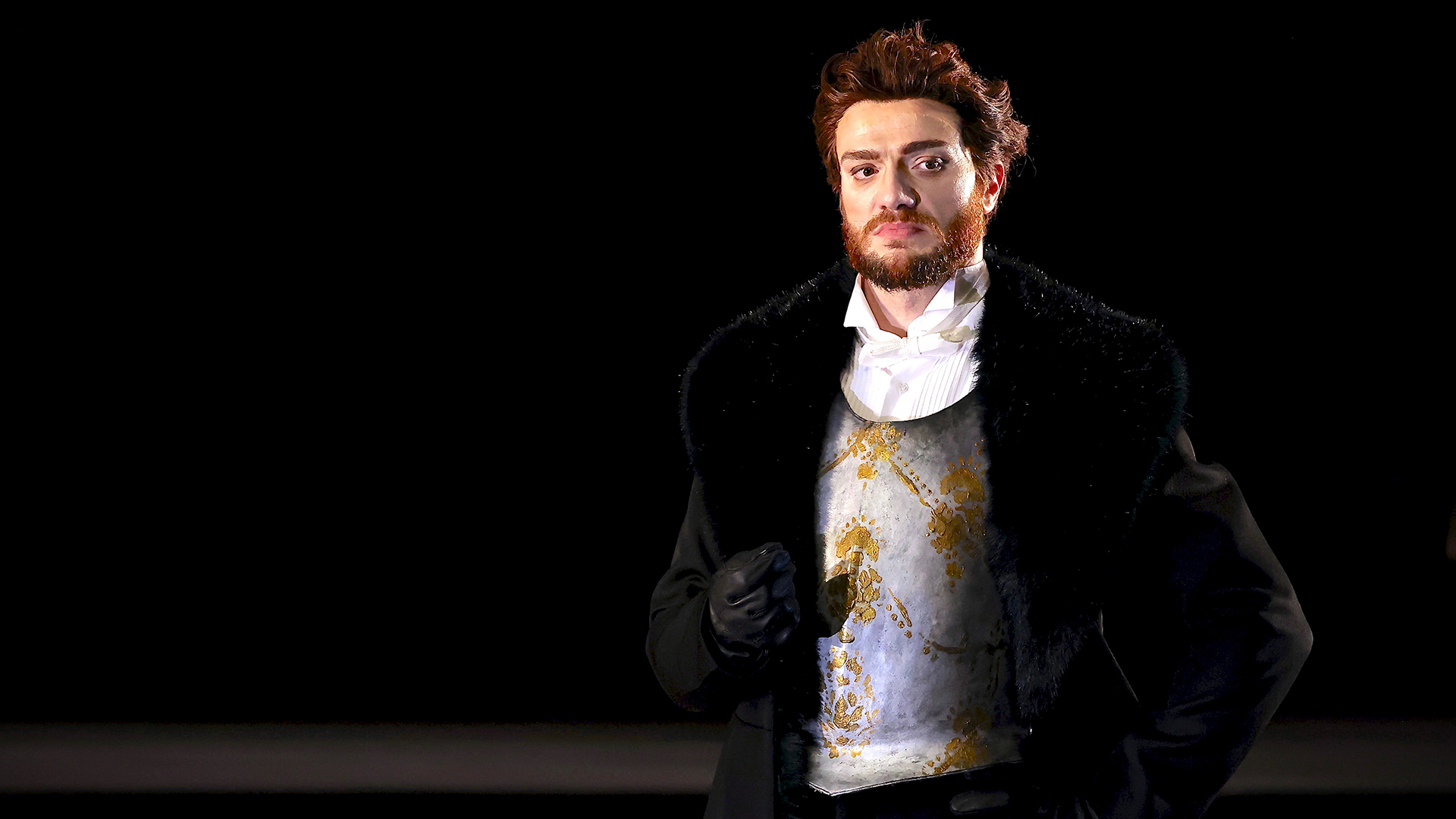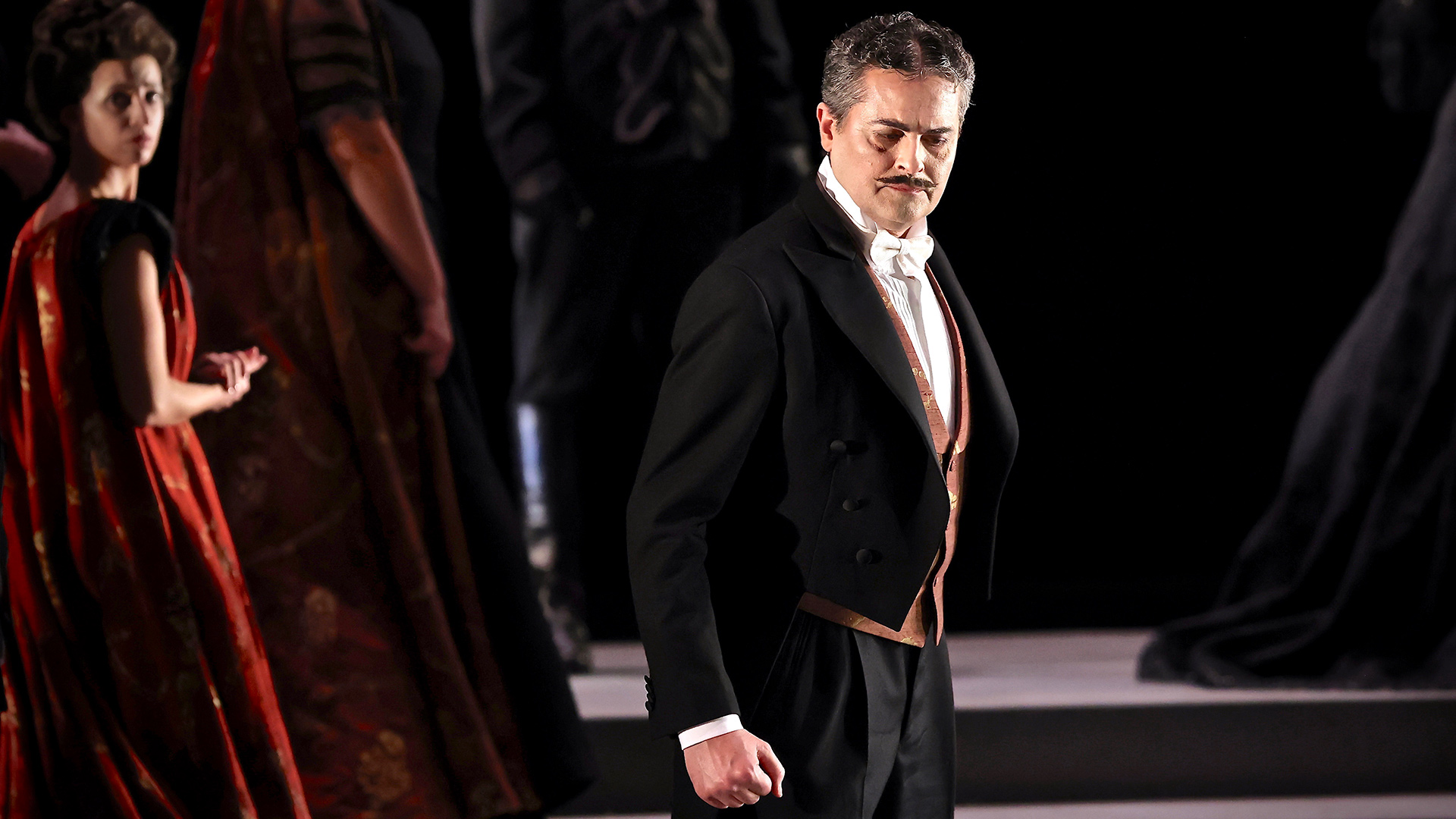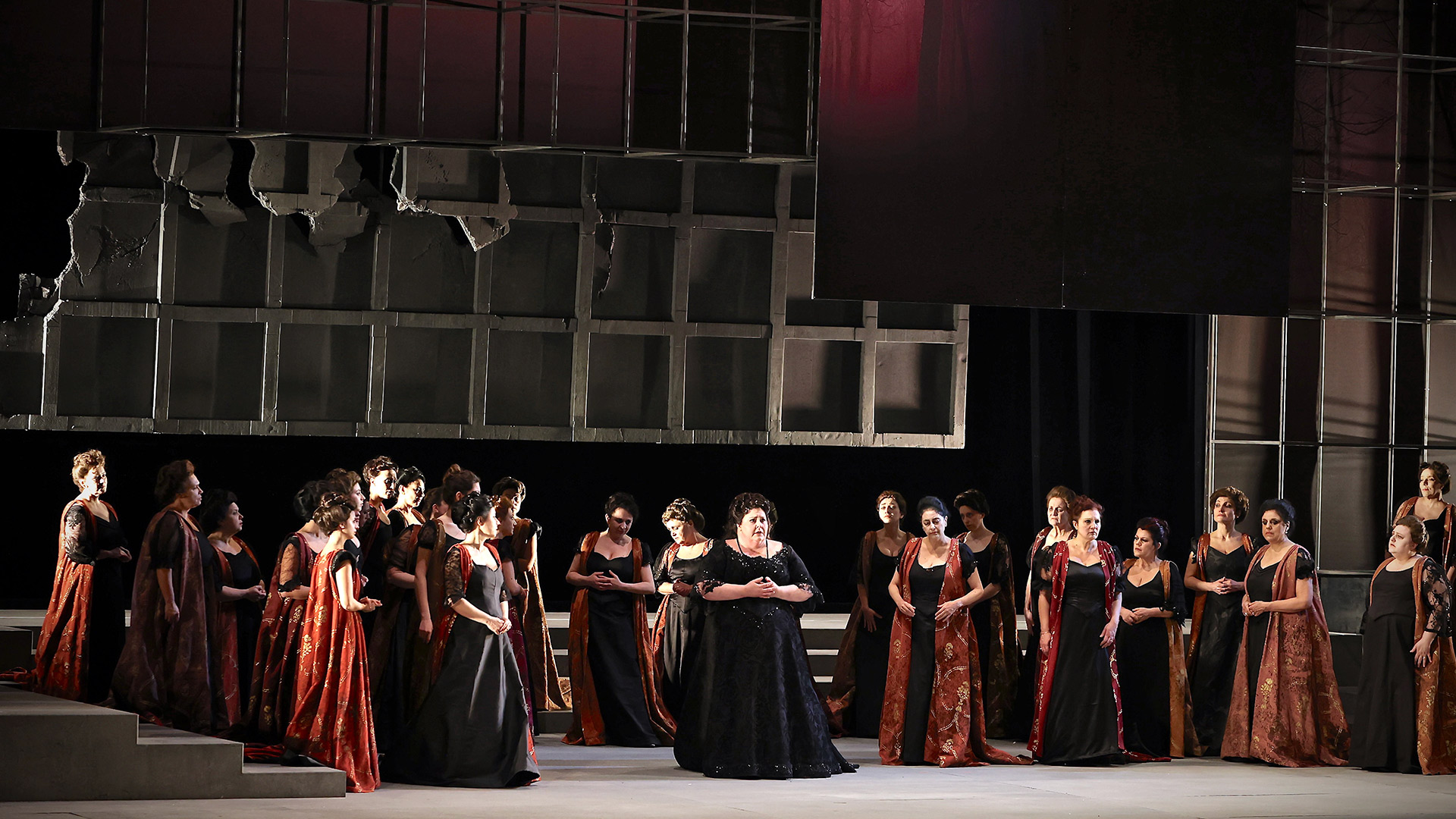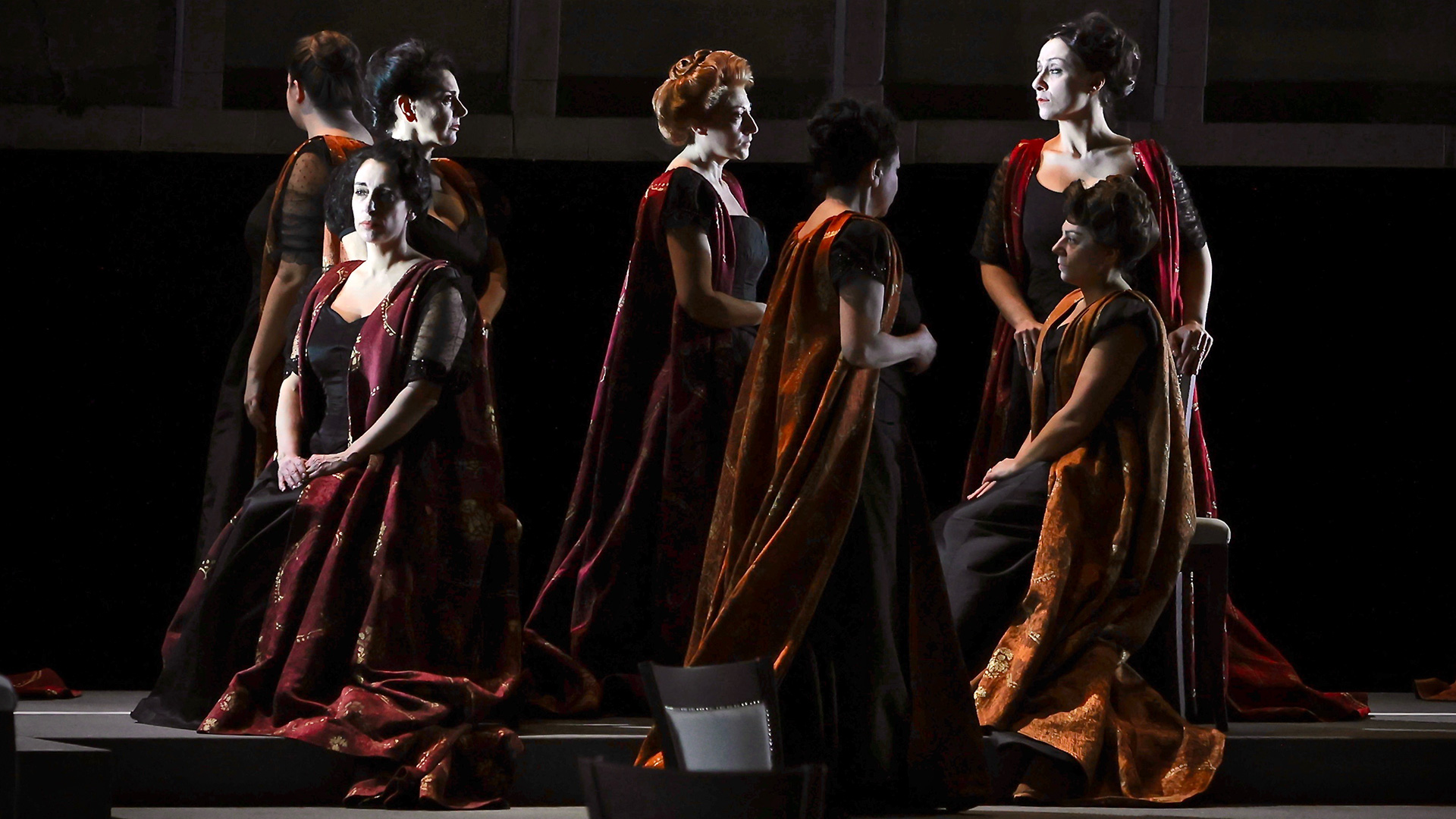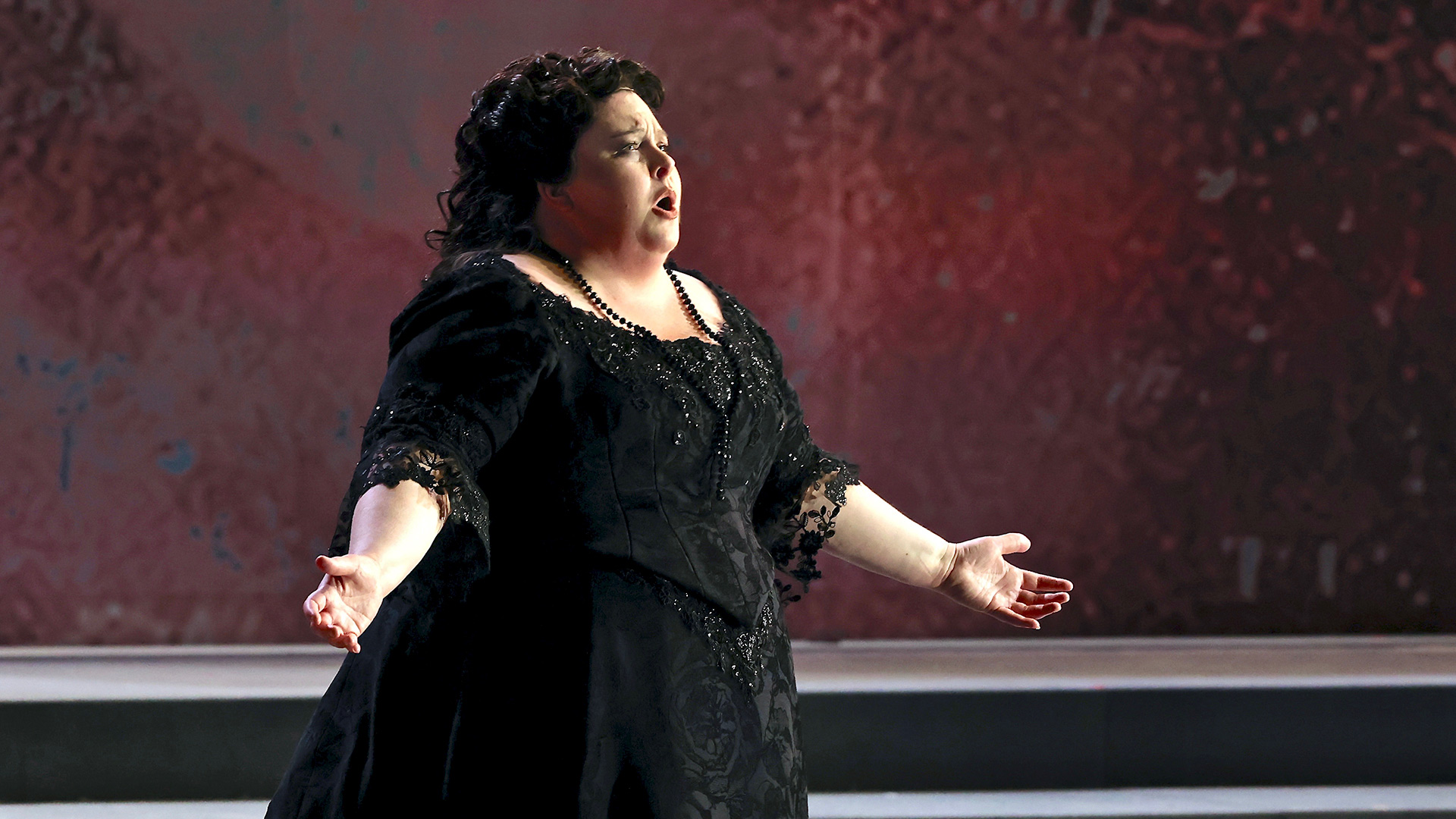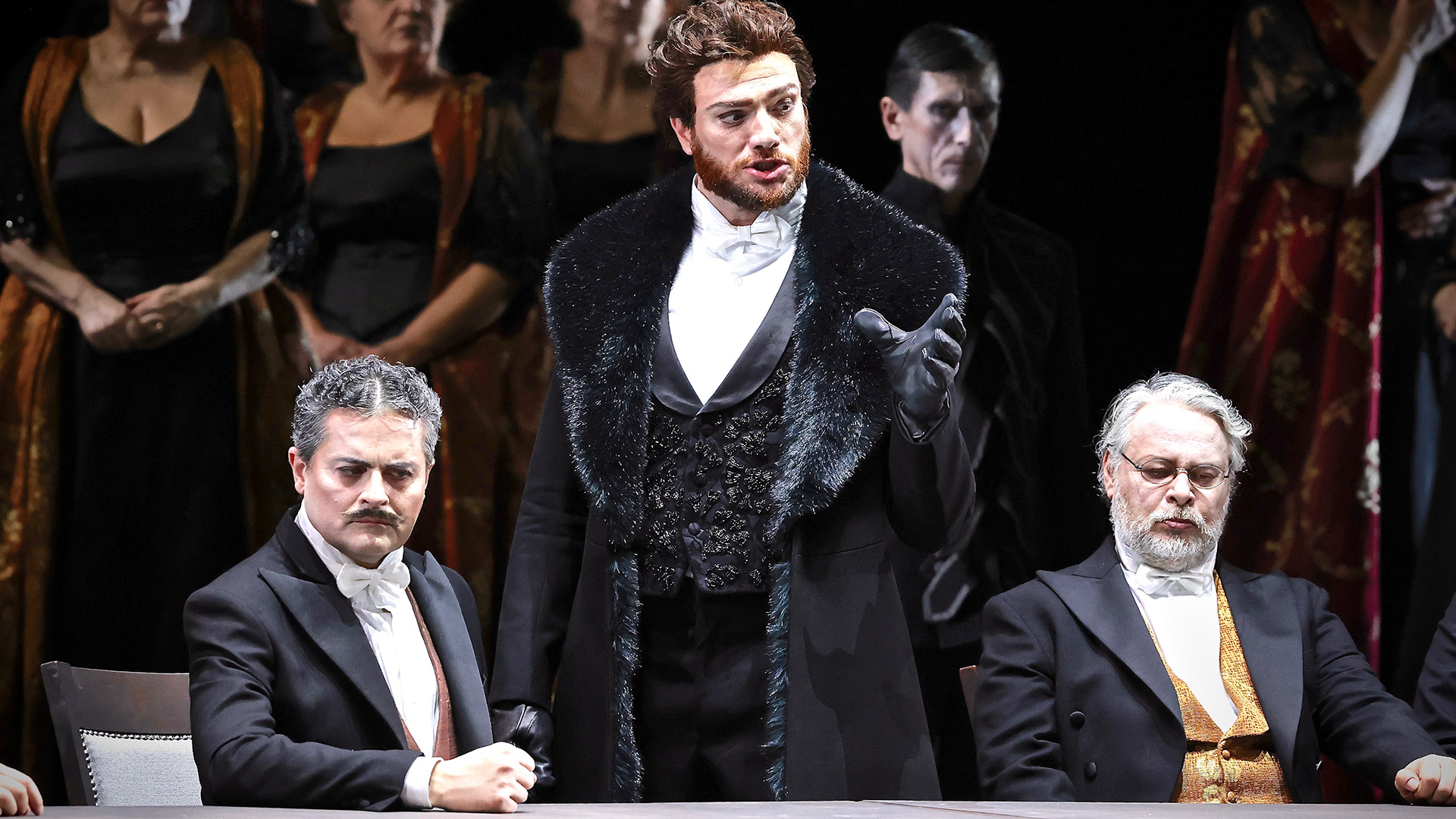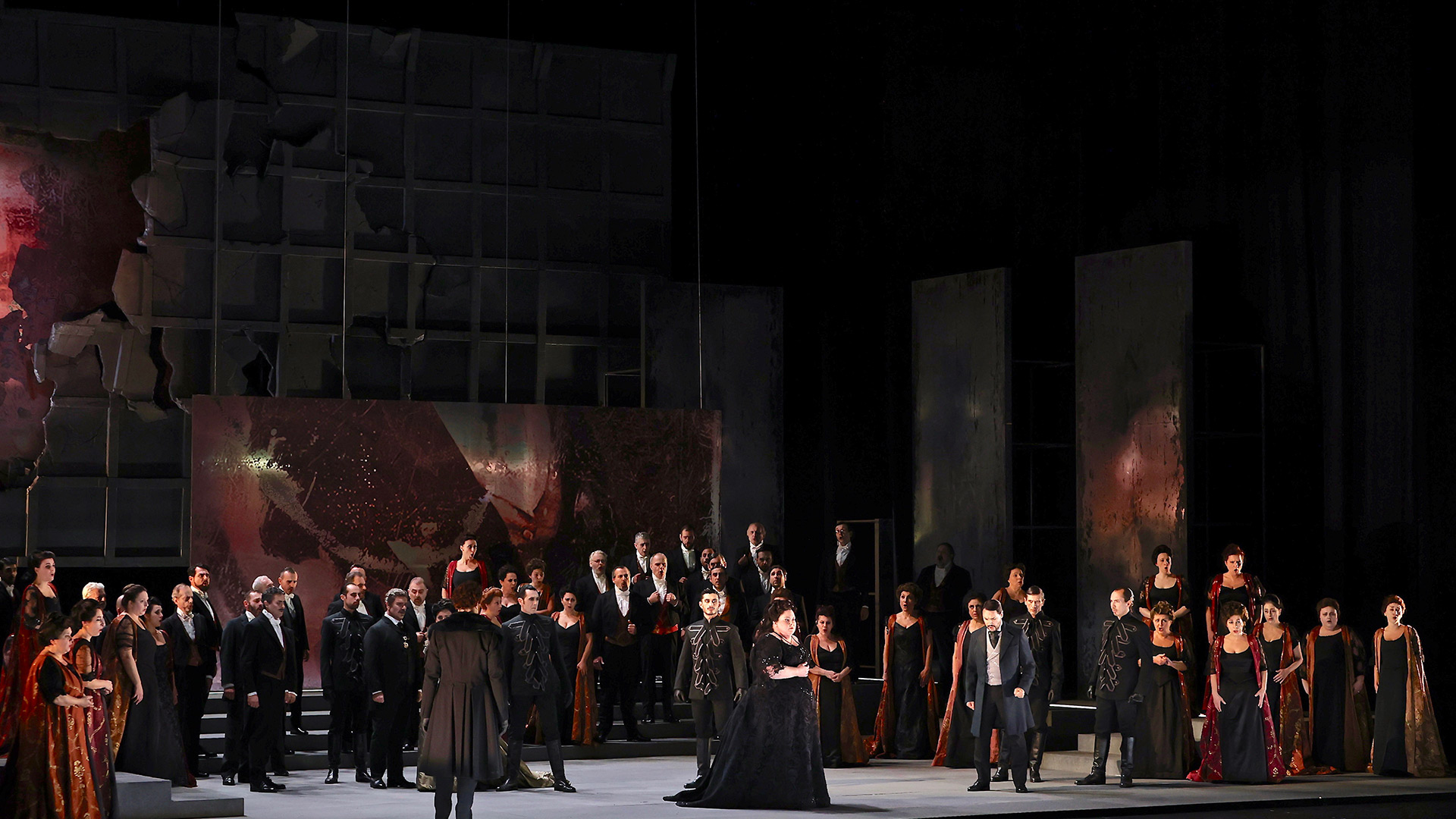Lyrical tragedy in two acts by
Vincenzo Bellini
with libretto by Felice Romani
on the occasion of the project
“Genova capitale del Medioevo” 2024
Characters and interpreters:
Filippo Maria Visconti
Mattia Olivieri
Beatrice di Tenda
Angela Meade
Agnese del Maino
Carmela Remigio
Orombello
Francesco Demuro
Anichino
Manuel Pierattelli
Rizzardo del Maino
Giuliano Petouchoff
Conductor
and orchestrator
Riccardo Minasi
Director
Italo Nunziata
Collaborating director
Danilo Rubeca
Set designer
Emanuele Sinisi
Costume designer
Alessio Rosati
Lighting design
Valerio Tiberi
A new production by Fondazione Teatro Carlo Felice di Genova
co-produced byFondazione Teatro La Fenice di Venezia
Orchestra, choir and technicians of Opera Carlo Felice
Claudio Marino Moretti, choirsmaster
Staging director
Luciano Novelli
Stage musical director
Simone Ori
Répétiteurs
Sirio Restani, Antonella Poli
Stage musical assistants
Andrea Gastaldo, Anna Maria Pascarella
other Choir Master
Patrizia Priarone
Lighting Master
Simone Giusto
Supertitle Master
Bernardo Pellegrini
Head of musical archives
Simone Brizio
Scenic director
Alessandro Pastorino
Vice scenic director
Sumireko Inui
Consolle supervisor
Andrea Musenich
Stage technicians foreman
Gianni Cois
Chief electrician/lighting booth
Marco Gerli
Tooling foreman
Tiziano Baradel
Audio/video foreman
Walter Ivaldi
Head of tailoring, shoemaking, make-up and wigs
Elena Pirino
Make-up and hair co-ordinator
Raul Ivaldi
Sets and props
Fondazione Teatro Carlo Felice and Fondazione Teatro La Fenice
Costume designer
Sartoria Klemann
Footwear
Un passo di stile srl
Wigs
Mario Audello
Surtitles by
Enrica Apparuti
Opera in brief
by Ludovica Gelpi
Beatrice di Tenda is Vincenzo Bellini’s penultimate opera, an operatic tragedy in two acts composed between January and March 1833 with librettist Felice Romani. The genesis was swift but troubled, and led to bitter clashes between composer and librettist, as well as to a considerable delay with respect to the planned delivery date. Despite the sumptuous setting of the first performance at La Fenice Theatre in Venice at the end of the Carnival celebrations, and despite the presence of the famous soprano Giuditta Pasta in the role of the protagonist, the opera was not a success.
Beatrice di Tenda is the only historical drama in Bellini’s catalogue, and is inspired by a tragic event that took place at Binasco Castle (near Milan) in September 1418, when Duke Filippo Maria Visconti had his wife, Beatrice di Tenda, executed for adultery. Historical sources are not entirely consistent on the actual dynamics that led to the conviction, but according to the biographer Andrea Biglia, Beatrice’s alleged lover, Michele Orombello, actually confessed guilty – unlike Beatrice, who pleaded not guilty until death.
In Romani’s narration, complicated history between husband and wife is highlighted, traced back to important character differences. In particular, Beatrice is portrayed as a woman of integrity, charitable and attentive to the needs of her subjects, while Philip is portrayed as a greedy and ambitious man, eager to expand his dominion even at the expense of the people. The noble courtesan Agnese del Maino and Philip’s political enemy, Orombello, lord of Ventimiglia, have a fundamental intermediary dramaturgical function, and are themselves antithetical. Agnes is Filippo’s lover but in love with Orombello, and once she discovers that the latter secretly loves Beatrice, she decides to take revenge by suggesting to the duke that Beatrice and Orombello are lovers. Orombello, for his part, commits the naivety of confessing his feelings for Beatrice to Agnese, effectively causing the casus belli.
The balance between the four protagonists revolves around a subtle interplay of amorous and political tensions. Filippo believes Agnes out of love but above all out of convenience. Agnes acts impulsively in a fit of jealousy, and will only regret her actions when faced with extreme consequences. Orombello, although animated by strong political values and a feeling of sincere love, ignores Beatrice’s unimpeachable integrity on the one hand, and underestimates the malevolence of Agnes and Philip on the other. Beatrice is the most emotionally isolated character. Hated by Agnese, she finds no understanding in Filippo – nor could she ever accept Orombello’s love – and is determined in the strenuous defence of her unassailable honour.
That of Beatrice di Tenda is a dramaturgy based on well-defined passions: love, hatred, jealousy, greed, faith, but declined through a complex crescendo of tensions. In the handling of this plot, Bellini provides an effective musical reading precisely because he is able to guide the narrative equally through the representation of the subtlest nuances and the brightest hues. To the character of Beatrice, a pure, innocent but resolute heroine, the composer dedicates some of the opera’s most intense and tragic arias. The musical writing is that of a mature Bellini who is fully at ease in dramatic rendition. A fundamental component is that of the chorus, which is given ample space and performs a tireless function of commenting on the action and extending the affections. It is through the chorus (in the guise of the courtiers and the damsels, and again of the armigers ready to revolt and the adamant judges) that we perceive the depth of the distance between Philip and Beatrice, the strength of Orombello’s political ideals, the incredible combination of feelings that chase each other in the climax final, between hope, repentance, intransigence and forgiveness.
